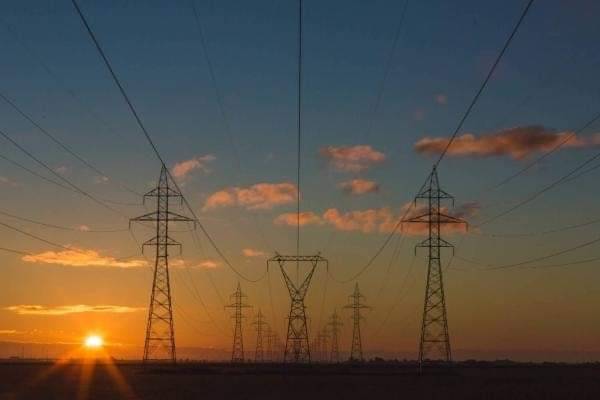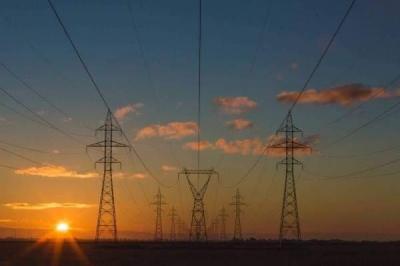Informed sources indicated that the Ministry of Energy is preparing the terms of reference for a tender to purchase fuel oil needed to operate Lebanon's power plants, and the tender will be launched within two weeks. The ministry aims to purchase enough fuel oil to generate about 700 megawatts, in addition to approximately 200 megawatts produced from Iraqi fuel, totaling 900 megawatts, which is equivalent to 8 hours of electricity outside peak times expected to be supplied to the grid starting from early December.
According to the data, coordinating the financing process for purchasing the fuel is crucial, as the Central Bank of Lebanon is willing to finance the quantities at a monthly value of $100 million for 6 months, which the Electricité du Liban (EDL) is supposed to pay for at the "Sayrafa" exchange rate. However, this raises three related issues: the implementation of the tariff, collecting funds, and opening credits.
The decision to increase the tariff is now present, and only the technical readiness for its implementation and the determination of the day of implementation remain. The Ministry of Energy has sent a letter to EDL informing them that the Ministers of Finance and Energy have approved the decision to raise the tariff as outlined in the emergency plan. Along with this letter is a note from Prime Minister Najib Mikati requesting the tariff increase without any indication that the emergency plan conditioned the increase on extending the hours of electricity supply. This means that EDL only needs to complete the necessary technical preparations to start applying the tariff and also decide whether to act on Mikati's letter to start implementation before increasing supply hours.
However, increasing the tariff is also vital for the process of collecting the necessary funds to pay for imported fuel oil. Collecting funds according to the new tariff could take a relatively long time, possibly a few months, which will negatively impact the financing mechanisms needed to purchase the fuel. Therefore, will EDL need a treasury advance to start increasing supply hours in conjunction with applying the tariff increase?
Another mechanism currently being discussed relates to whether the Central Bank will open guaranteed credits for importing fuel oil, with the condition that the payment will be made to the contractor after 6 months. Thus, this would not require a treasury advance, as during these six months, EDL would have collected the required amounts. However, it would face a second issue regarding working capital. Every time it collects money, it will pay it back to the Central Bank, which will continue to open credits that are paid later; otherwise, this situation will not be sustainable and will only be a temporary measure for a few months.
### Lebanon's Share with "Total" for a Transitional Period
The Ministry of Energy has decided on Lebanon’s inherited share from the Russian company "Novatek," amounting to 20% of the contract for oil and gas exploration in blocks 4 and 9. According to information, this share has been ceded to an intermediary company owned by "Total," under a contract granting it the right to hold this share for a transitional period in preparation for transferring it to a global company. According to sources, the third party is expected to be "Qatar Energy" (Qatar Energy). The transitional contract stipulates that any financial or in-kind proceeds resulting from this transfer will be allocated to the Lebanese state.




